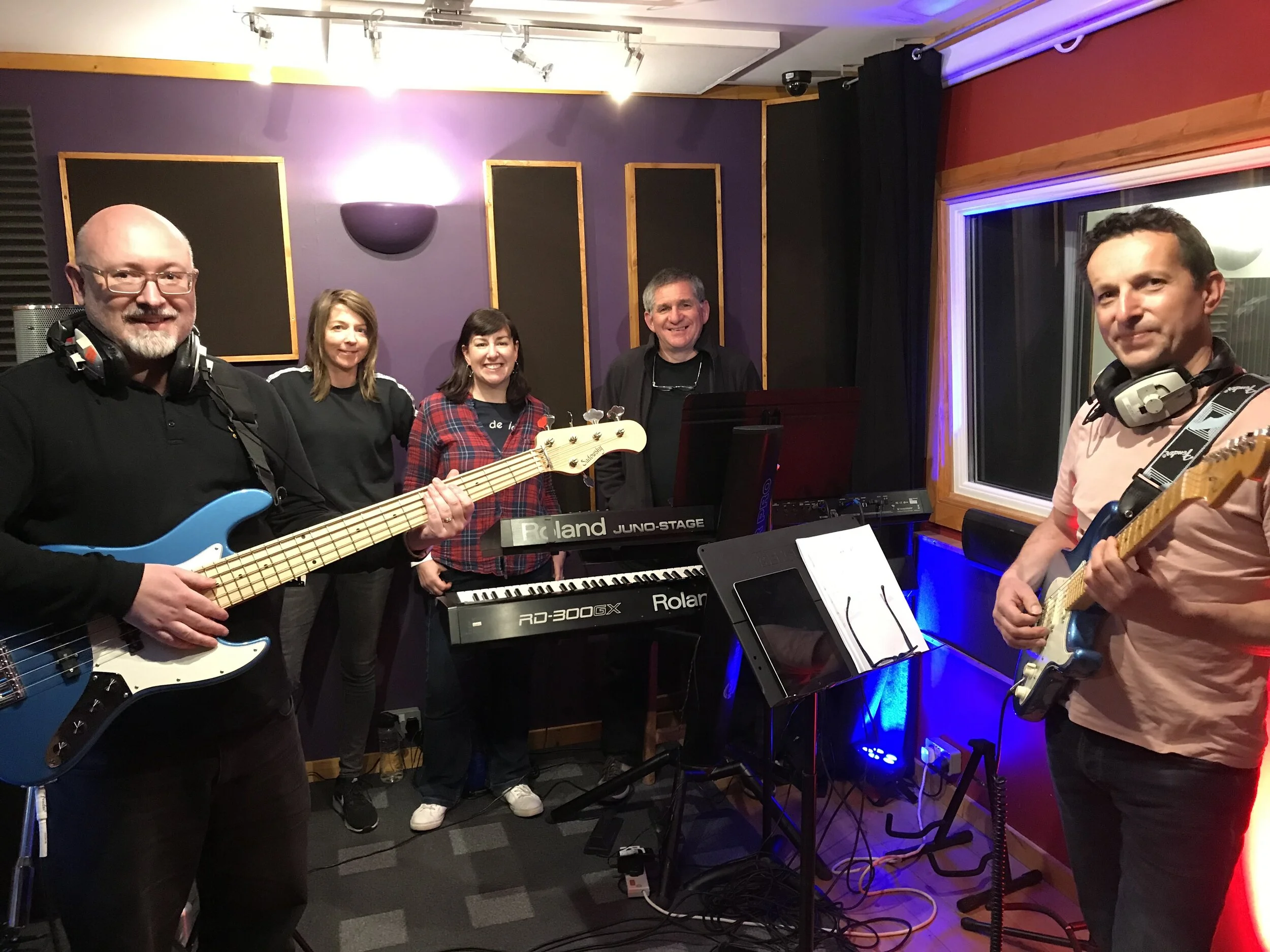Preparing for a recording studio session | Styles Recording Studio
So you are looking to book into a recording studio and you are a musician or a band. Here are some really useful tips to prepare and make the most of your recording session.
So you are looking to book into a recording studio and you are a musician or a band. Here are some really useful tips to prepare and make the most of your recording session.
